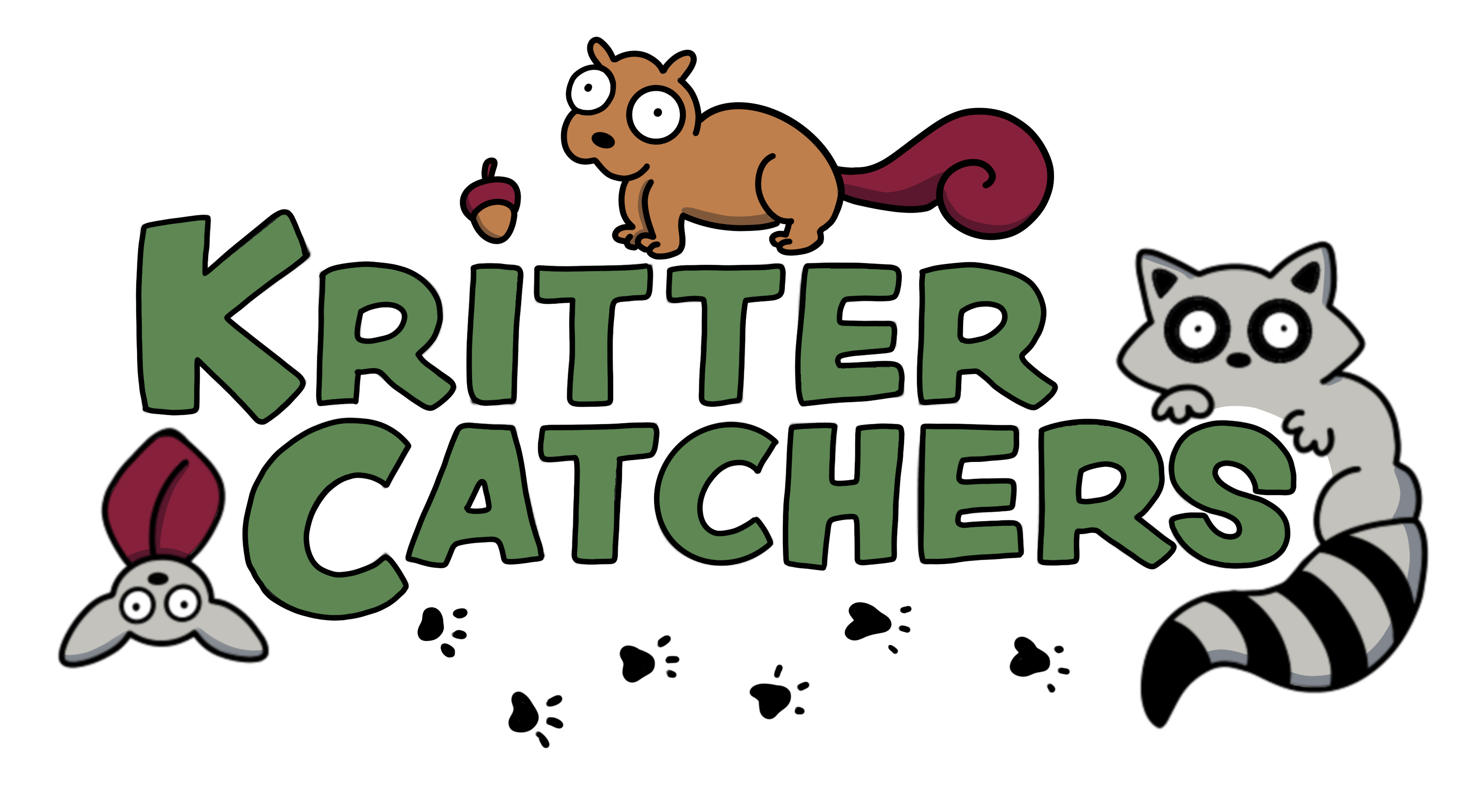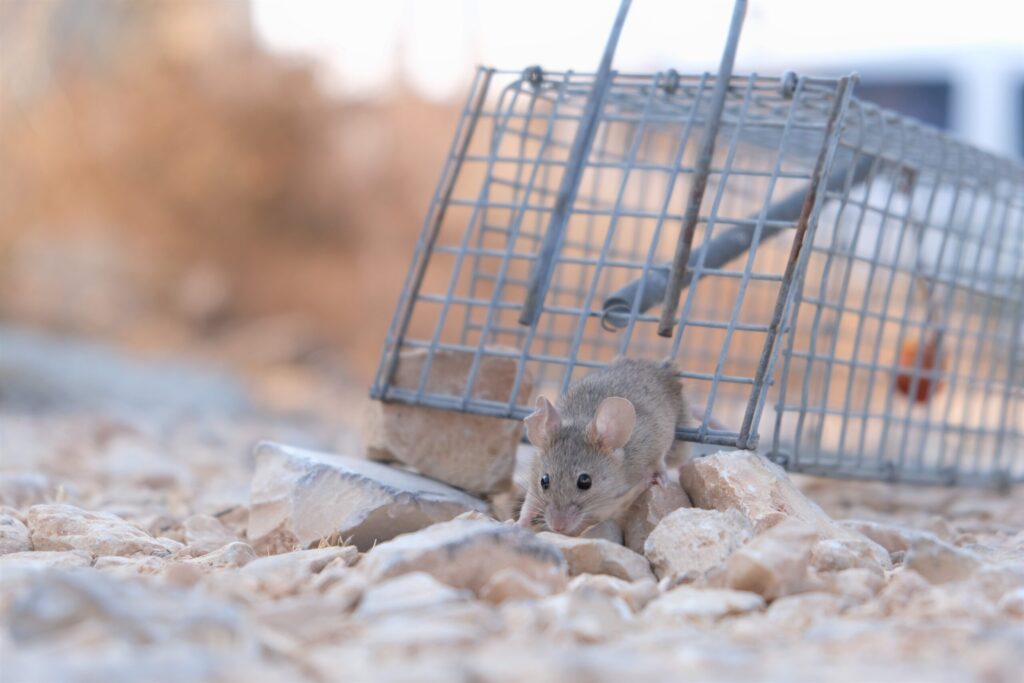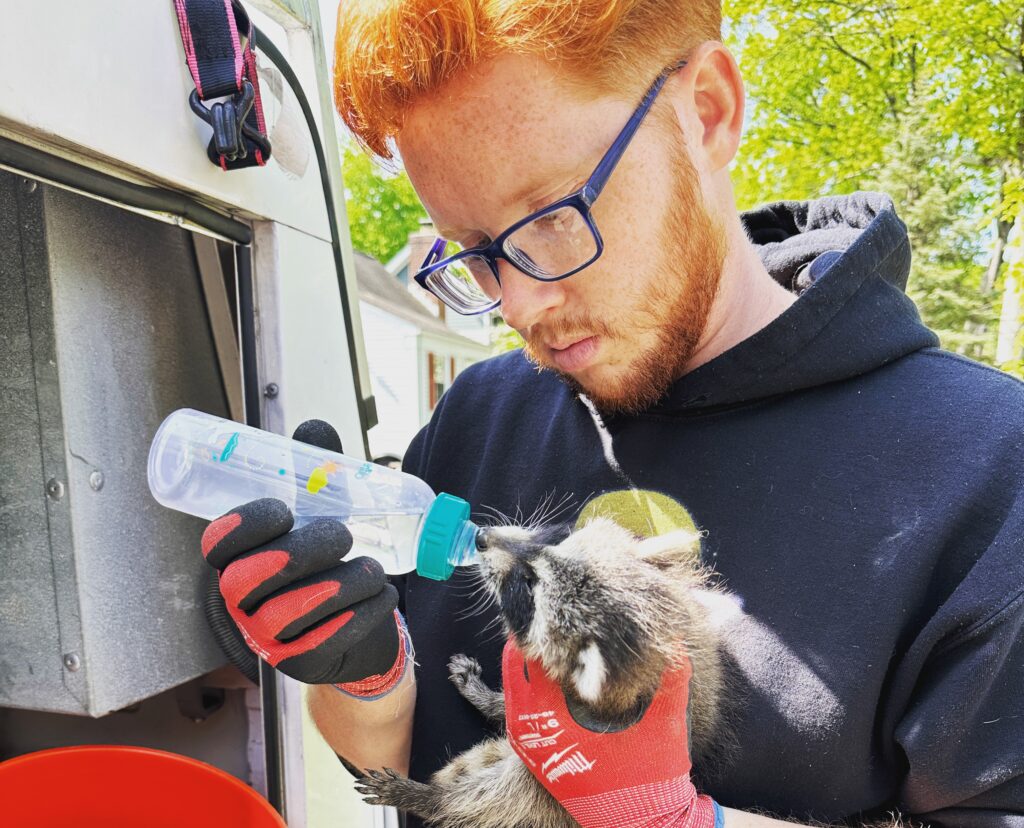Animal Trapping NJ: The Art and Ethics of Responsible Wildlife Control
Discover the art and ethics of animal trapping in New Jersey. Learn responsible methods and ethical considerations. Explore FAQs, key takeaways, and more.
In the heart of the Garden State, New Jersey’s diverse ecosystem has fostered a harmonious coexistence between humans and wildlife. Balancing the preservation of native species and safeguarding human interests requires a delicate approach to animal trapping in New Jersey.
Key Takeaways
- Responsible animal trapping is essential in New Jersey to maintain ecological balance and protect human interests.
- Ethical considerations are crucial, including avoiding non-target captures and staying informed about regulations.
- Methods such as live trapping, exclusion, and habitat modification offer humane solutions to wildlife conflicts.
- Trappers play a vital role in preserving New Jersey's ecosystems and minimizing the spread of diseases.
- Choosing ethical trappers is essential** for both effective conflict resolution and wildlife conservation in the Garden State.
The Importance of Responsible Animal Trapping
Animal trapping in New Jersey is essential for maintaining ecological equilibrium, protecting agricultural interests, and ensuring public safety. However, it’s equally vital to approach this practice with ethical responsibility. The Garden State’s vibrant wildlife includes raccoons, skunks, opossums, and groundhogs, all of which may occasionally encroach upon human habitats, leading to conflicts.
Responsible Trapping Methods
Responsible animal trapping in New Jersey involves employing humane and effective techniques to resolve wildlife conflicts. Some of these methods include:
Live Trapping: Live traps allow animals to be captured unharmed and released elsewhere. However, this method should be used carefully to minimize stress on the animal.
Exclusion Techniques: Creating barriers to prevent animals from entering unwanted areas can be highly effective and non-lethal.
Lethal Trapping: In cases where non-lethal methods are not practical, humane lethal traps are available. It’s crucial to use these tools responsibly and follow state regulations.
Habitat Modification: By removing or altering elements that attract wildlife to human-inhabited areas, trappers can prevent conflicts without causing harm to animals.
The Role of Trappers in New Jersey's Ecosystem
New Jersey and nearby areas, with its diverse landscapes ranging from the Pine Barrens to coastal marshes, has an abundant array of wildlife. Among the many inhabitants of this ecosystem are various species that, at times, require management to maintain a balanced and healthy environment. This is where trappers come into play. Here’s an overview of the role trappers play in New Jersey’s ecosystem:
Population Control: Many species, especially in the absence of natural predators, can reproduce at rates that can lead to overpopulation. Overpopulated species can lead to habitat degradation, spread of disease, and conflicts with humans. Trappers help control populations of certain species to ensure that they don’t exceed sustainable levels.
Disease Management: Overpopulated species can become more susceptible to disease due to increased competition for food and habitat. Diseases such as rabies, which can affect both wildlife and humans, can be better managed when animal populations are kept in check. Trappers play a crucial role in this.
Protecting Endangered Species: Sometimes, predatory species can threaten the populations of endangered species. By controlling the populations of certain predators, trappers can indirectly help protect and increase the numbers of endangered species.
Mitigating Human-Wildlife Conflicts: In areas where human populations intersect with wildlife habitats, there can be conflicts. Animals might prey on livestock, damage crops, or even pose direct threats to human safety. Trappers help in capturing and relocating these problematic animals, ensuring coexistence.
Economic Contributions: The fur industry, though controversial, has historical roots in New Jersey. Trappers contribute to this industry by providing raw materials. Additionally, they often participate in local economies by purchasing equipment, paying licensing fees, and contributing to outdoor tourism.
Research and Data Collection: Trappers often collaborate with wildlife biologists and researchers. The information they gather about species, populations, health, and migration patterns can be invaluable for scientific studies and for shaping future wildlife management policies.
Ecosystem Balance: An ecosystem thrives when there is balance. Overpopulation of a certain species can lead to reduced food sources, which can subsequently affect other species in the food chain. By ensuring that no single species dominates, trappers help in maintaining the balance and health of the ecosystem.
Education and Advocacy: Many trappers are also conservationists at heart. They often engage in educating the public about wildlife, ecosystems, and the role of ethical and regulated trapping in maintaining ecological balance.
FAQs
Is animal trapping legal in New Jersey?
Yes, animal trapping is legal in New Jersey, but it must comply with state regulations for humane and ethical treatment.
What are the most common animals requiring trapping in New Jersey?
Raccoons, squirrels, skunks, and groundhogs are among the most common animals that require trapping.
Is it possible to trap and relocate animals on my own?
While it’s possible, it’s recommended to hire professionals like Kritter Catchers to ensure humane and effective trapping.
Do I need a permit for animal trapping in New Jersey?
Certain species may require permits, so it’s essential to consult with local authorities or professionals.
What makes Kritter Catchers a reliable choice for animal trapping?
Kritter Catchers combines expertise, humane practices, and state compliance to ensure a safe and ethical resolution to wildlife problems.
Conclusion
The art and ethics of animal trapping in New Jersey demand a conscientious approach. It’s a practice that can benefit both humans and wildlife when executed with care, responsibility, and adherence to regulations. To preserve the Garden State’s rich biodiversity, it’s essential for trappers to prioritize ethical considerations while managing conflicts.
If you find yourself in need of animal trapping services in New Jersey, always choose a Kritter Catchers who adheres to ethical and humane standards. By doing so, you’re not only resolving wildlife conflicts but also contributing to the conservation and well-being of New Jersey’s remarkable natural heritage.


